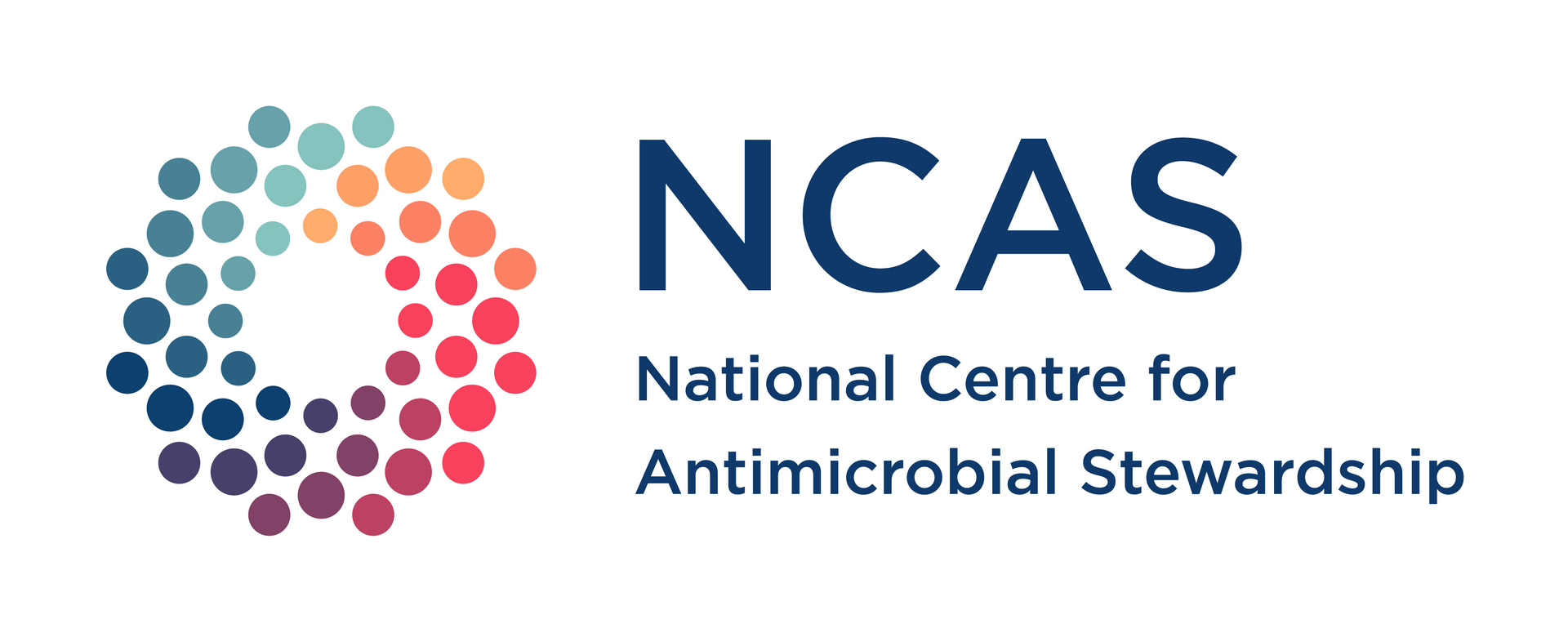Evidence-based solutions for antimicrobial stewardship
Arjun Rajkhowa
(Published in Medical Journal of Australia-Insight)
On 29 June 2017, the Australasian Society for Infectious Diseases and Australian Society for Antimicrobials held a national summit on antimicrobial resistance in Melbourne. As recent cases of drug-resistant infections in Australia have shown, antimicrobial resistance may have devastating consequences.
Australian experts and stakeholders from diverse backgrounds gathered at the summit to reflect on the efficacy of ongoing interventions in different health care settings, and on actions that need to be taken urgently in the coming years.
Professor Brendan Murphy, the Chief Medical Officer of Australia, said that exigent organisational change is required to deal with the problem. To facilitate organisational change, health care settings need evidence-based solutions.
Practical and innovative solutions that have been developed and successfully implemented in recent years are now being adopted more systematically.
Many major hospitals around the world that have instituted antimicrobial stewardship (AMS) programs – aimed at optimising antimicrobial treatment, improving patient safety and reducing inappropriate use of antimicrobials – are adopting electronic approval systems and protocols to enhance their programs’ efficacy. Independent evaluations of IT-supported AMS interventions are showing promising results.
An article published in July 2017 in the Journal of Antimicrobial Chemotherapy, by Dr Stuart Bond and colleagues from NSW, presents the results of a significant multisite Australian study that examined the impact of coordinated, network-wide AMS programs that were supported by a centrally-deployed computerised decision support system (CDSS).
A CDSS is an electronic tool or application that augments clinical decision making by providing relevant information to clinicians at the point of care. CDSSs for AMS range from mobile applications containing guidelines to approvals-based and advanced systems.
An approvals-based CDSS can enhance decision making by instituting formulary control, providing recommendations for targeted treatment on the basis of local or national clinical practice guidelines, monitoring guideline adherence by prescribers, and enabling post-prescription review and unit- or hospital-wide feedback and auditing.
Previous studies examining the impact of the implementation of CDSS-supported AMS programs within individual sites (here, here, here, here, here, here, and here) have shown positive effects, such as the reduced use of targeted antimicrobials, reduced drug acquisition costs, lower rates of health care-associated Clostridium difficile infections (HCA-CDI), and increased susceptibility of bacterial isolates to key antimicrobials.
Few studies have examined the aggregate clinical outcomes of network-wide, multisite AMS programs that are underpinned by a centrally-deployed CDSS, and fewer still have included non-metropolitan hospitals in their remit. Dr Bond, from Wollongong Hospital and the University of Wollongong, and colleagues argue that theirs may be the first such study.
This is significant for two primary reasons. The first is that multisite studies draw on a significantly enlarged evidence base and thus show that the outcomes of AMS programs are generalisable and scalable. The second is that non-metropolitan hospitals are a salient target group for clinical improvement. Research has shown that non-metropolitan hospitals specifically, and health care settings in regional and remote areas more broadly, face considerable barriers to the implementation of AMS programs. Lack of resources and access to clinical experts may compound problems associated with inappropriate prescribing.
The implementation of a centrally-deployed CDSS across a network of hospitals (operating on the basis of a “hub and spoke” model) may help overcome some of these barriers and enhance patient care in non-metropolitan settings. This study shows the efficacy of one such initiative.
In 2012, multisite AMS programs supported by a centrally-deployed CDSS (Guidance MS, developed by the not-for-profit Guidance Group at the Royal Melbourne Hospital) were implemented across a network of 12 hospitals spanning the South Eastern Sydney and Illawarra Shoalhaven Local Health Districts and the Sydney Children’s Hospital.
The CDSS enables formulary control and guideline development, mandates and monitors guideline adherence by prescribers through a system of alerts and approvals, and encompasses post-prescription review and prospective auditing features. It can be integrated with existing clinical systems, such as electronic medication management or e-prescribing systems and microbiology systems, to facilitate seamless access to real time, updated patient data.
In addition to sharing the CDSS, the hospitals shared AMS strategies, educational material and similar sets of guidelines (including antimicrobial formulary restrictions).
Prior to the implementation of the CDSS, AMS activities at some of these hospitals were restricted to phone-based advice, formal ID physician consultations, selective antimicrobial susceptibility reporting, and the restriction of antifungals and reserve antibacterials.
The authors conducted an interrupted time-series study examining antimicrobial use and patient outcomes across five of the network’s hospitals from 2010 to 2014 – the other hospitals in the network were excluded from this study’s remit due to their varying implementation timelines and the lack of comparable data. The effects of the intervention on targeted antimicrobial use, drug acquisition costs and HCA-CDI rates were analysed.
The study found that, after intervention, antimicrobials targeted for increased use rose from 223 to 293 defined daily doses per 1000 occupied bed days per month, an increase of 32%. Conversely, antimicrobials targeted for decreased use fell from 254 to 196 defined daily doses per 1000 occupied bed days per month, a decrease of 23%.
Antimicrobials targeted for increased use included benzylpenicillin, doxycycline and aminopenicillins, whereas antimicrobials targeted for decreased use included third-generation cephalosporins, macrolides, antipseudomonal b-lactam and b-lactamase inhibitor combinations, fluoroquinolones and carbapenems.
The costs of drug acquisition decreased initially (-$64 551/month), then increased (+$7273/month). HCA-CDI rates decreased after intervention, as did the proportional length of stay measures as well as mortality for key respiratory infections and bacteraemia.
Lead author Dr Bond explains how the CDSS-supported AMS program was implemented in his health district and highlights its impacts:
“Illawarra Shoalhaven Local Health District (ISLHD) implemented a formal AMS program in May 2012, following the employment of an AMS pharmacist in April 2011 and a significant one-year education and development phase. This program was supported by a centrally-deployed clinical decision support system that was used across three health services, ISLHD, South Eastern Sydney Local Health District and Sydney Children’s Hospital. Regular AMS ward rounds were supported by the CDSS, which also facilitated post-prescription review and feedback. Multisite implementation of this program resulted in the sharing of resources across services, and improved access to resources for the smaller hospital sites that did not have onsite infectious diseases and pharmacist expertise.”
This study found that the strategy led to desired changes in targeted antimicrobial use, reduced antimicrobial costs, reduced HCA-CDI rates, and there was no observable increase in proportional length of stay or mortality. Although the desired effects on targeted use diminished over time, measures could be put in place to counteract the diminishing effects. Dr Bond points out that “it will be necessary to maintain the observed changes to patterns of antimicrobial use through education and to continuously monitor antimicrobial resistance patterns”. Ongoing support for interventions and program adherence will enable the outcomes to be sustainably maintained.
Professor Karin Thursky and Associate Professor Kirsty Buising, infectious diseases physicians at the Royal Melbourne Hospital and directors of the Guidance program, note that this study reaffirms the importance of clinical decision support and auditing tools to AMS programs.
Associate Professor Buising says: “This system provides a comprehensive workflow to support AMS. It incorporates decision support and pre-prescription approval to help guide prescribers. Expert prescribers and AMS teams can also use the system in a more targeted fashion to manage their workflow and to triage patients for post-prescription review and interventions. The reports generated from the system help AMS teams to better understand prescribing behaviours at their site.”
Noting that AMS programs are intrinsically multifaceted, Professor Buising points out that the effects observed in the evaluation of an AMS program may be influenced by a number of factors.
“Nevertheless, it is very encouraging to see these results – that the implementation of this system across multiple sites was accompanied by improved clinical outcomes. It is especially important to see that this evaluation included many regional hospitals. This CDSS is the only system of its kind that has been evaluated independently from the developers, and at sites that aren’t just tertiary hospitals. This is a very important study.”
Focusing on the value of systemic support for AMS programs, Professor Thursky says: “We need to remember that decision support tools produce the best outcomes when they are embedded in strong systems. For AMS programs to be successful, a systemic approach involving support for personnel, infrastructure and education is essential.”











